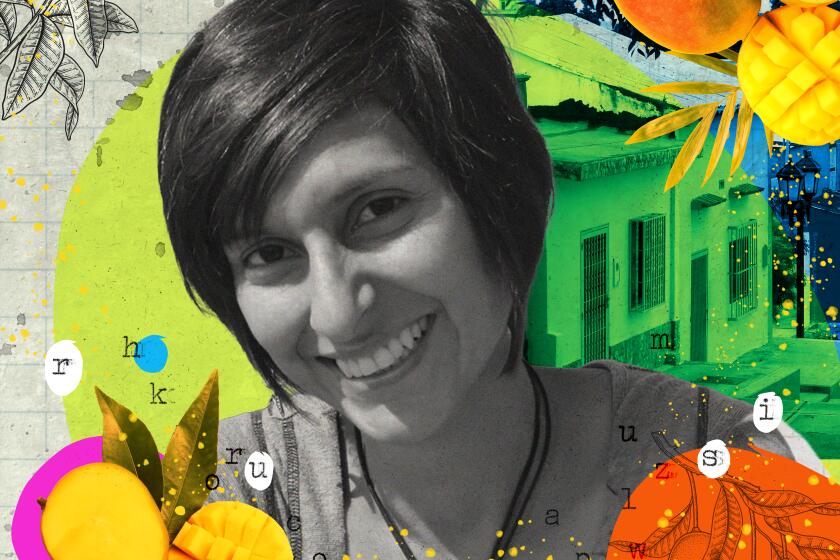HOW I CAME TO KNOW FISH<i> by Ota Pavel translated from the Czech by Jindriska Badal and Robert McDowell (Story Line Press: $16.95; 134 pp.) </i>
During the Nazi occupation of Czechoslovakia, Ota Pavel’s father and his two brothers were sent to concentration camps. Pavel helped support his family by working in a coal mine and illegally catching fish. After the war, he became a sportswriter, best known for “Dukla Among the Skyscrapers,” a novel about a Czech soccer team’s visit to America. Later, Pavel wrote two collections of short stories based on his father’s life and his own. “How I Came to Know Fish” appeared in 1974, a year after his death at age 43 from what his U.S. publisher calls “mysterious causes.”
Hemingway’s Nick Adams fishes the Big Two-Hearted River to exorcise battlefield horrors that are never mentioned. Pavel, tight-lipped in a different way, dips his line into a stream of nostalgia that meanders through the countryside west of Prague, screened by trees, wildflowers, rural folklore and his own whimsy from memories of hunger, fear and the screams of nearby Lidice, the village massacred by the Germans in 1942.
Three portraits emerge: Pavel himself, learning to enjoy life and then to mourn its fragility; his indomitable Jewish father, angler, hunter, philanderer and champion vacuum-cleaner salesman; and Karel Prosek, ferryman, army veteran, poacher and master of all the arts a boy wants to learn.
Memories of life on the river, Pavel says in the afterword, helped him regain his sanity after a prolonged breakdown in the 1960s. Fishing, he says, is “the alternative, the natural world where the jerky streetcar of civilization did not threaten to jump its tracks. . . . Fishing is freedom most of all.”
More to Read
Sign up for our Book Club newsletter
Get the latest news, events and more from the Los Angeles Times Book Club, and help us get L.A. reading and talking.
You may occasionally receive promotional content from the Los Angeles Times.




